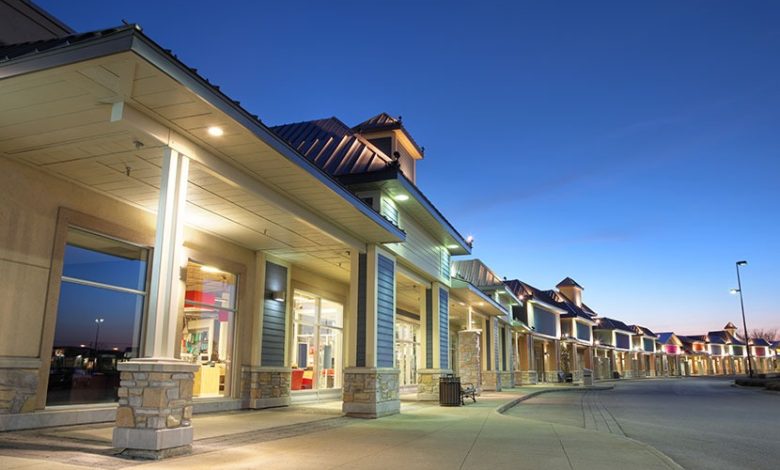The real estate market for small business properties in the USA

The real estate market for small business properties in the USA is diverse and constantly changing. The demand for small business properties, such as retail stores, restaurants, and office spaces, is affected by a variety of factors, including economic conditions, population growth, and consumer spending.
One of the key drivers of the small business real estate market is the overall health of the economy. When the economy is strong, consumer spending increases, and businesses are more likely to invest in new locations or expand their existing operations. This leads to an increase in demand for small business properties, which can drive up prices and lead to a seller’s market. However, when the economy is weak, businesses may struggle to stay afloat, and the demand for small business properties can decrease, leading to a buyer’s market.
Population growth is another important factor that affects the small business real estate market. As more people move into an area, the demand for goods and services increases, which can lead to more small businesses opening in the area. This can drive up prices for small business properties, as competition for available spaces increases. Conversely, if the population in an area is stagnant or declining, demand for small business properties may decrease, leading to lower prices.
Consumer spending is also a crucial factor in the small business real estate market. When consumers have more disposable income, they are more likely to spend money on goods and services, which can lead to an increase in demand for small business properties. This can lead to higher prices for small business properties, as businesses are willing to pay more to secure desirable locations. However, if consumer spending decreases, the demand for small business properties may decrease, leading to lower prices.
The location of a small business property also plays a role in its value. Properties located in high-traffic areas, such as busy commercial districts or popular shopping centers, are typically more desirable and can command higher prices. Additionally, properties located in areas with a high concentration of other small businesses, such as a downtown business district, may be more valuable as they can benefit from the increased foot traffic generated by the nearby businesses.
In addition to these factors, the small business real estate market is also affected by government policies and regulations. For example, zoning laws can restrict the types of businesses that can operate in certain areas, which can limit the demand for small business properties in those areas. Additionally, tax policies and incentives can also affect the market by making it more or less attractive for businesses to invest in small business properties.
Finally, the small business real estate market is also affected by the availability of financing. In a strong economy, banks and other lending institutions may be more willing to provide loans to small businesses, which can make it easier for them to purchase or lease small business properties. However, in a weak economy, lending may be more restricted, making it more difficult for businesses to secure the financing they need to invest in small business properties.
Overall, the real estate market for small business properties in the USA is a dynamic and constantly changing environment. It is affected by a wide range of factors, including economic conditions, population growth, consumer spending, location, government policies, and financing. Businesses looking to invest in small business properties should carefully consider these factors and seek professional advice to ensure they are making a sound investment.
In conclusion, the small business real estate market in the USA is a complex and ever-changing landscape. The key drivers of the market are the economy, population growth, consumer spending, location, government policies, and availability of financing. Businesses looking to invest in small business properties should carefully consider these factors, and seek professional advice to ensure they are making a sound investment. As the market is changing, it’s important for small business owners to stay informed and adaptable in order to make informed decisions about their real estate investments. It’s also important to have a solid business plan in place, and to be prepared for potential challenges and opportunities that may arise in the small business real estate market. Overall, the small business real estate market in the USA presents both challenges and opportunities for businesses looking to invest in properties. It’s important to approach this market with a strategic mindset and to work with professionals who can help guide you through the process.



